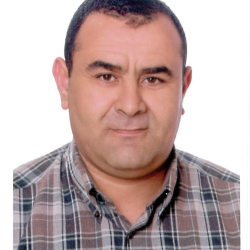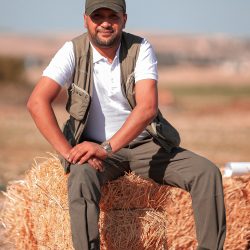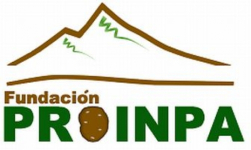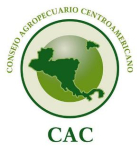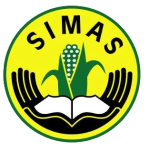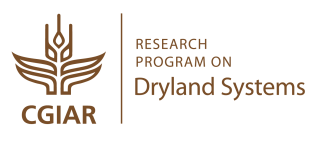The main target groups directly reached by the project were 3,000 households of small crop-livestock producers in North Africa, and Latin America and the Caribbean (NA and LAC) regions whose livelihoods are dependent on crop production and livestock. Of these farmers, 70% adopted CLCA farming systems with increased production and improved cost-benefits compared to conventional systems. Considering that crop-livestock systems form the basis of the livelihoods of two-thirds of the population in developing countries (Herrero et al., 2010), there is a good potential for upscaling the project’s results. Through the support to innovation systems supporting adoption, the involvement of the National Agricultural Research and Extension Systems (NARES), and linking to the International Fund For Agricultural Development (IFAD) investment projects, the spill-overs are expected to reach 20,000 households who will indirectly benefit from the project.
UPDATES
From 2020, the project promoted CLCA in the target countries, Algeria and Tunisia, to optimize climate-resilient and integrated crop-livestock systems under conservation agriculture. In the same year, the project upscaled the area of land covered and number of farmers engaged (by 40% in Tunisia). Thanks to the development of public-private partnerships in forage seed production in 2021, a substantial scale up of forage mixtures was achieved in both countries - where they became popular.
The project has resulted in a significant reduction in irrigation water-use and a two-to-three-fold increase in barley and wheat production in Algeria, as well as reduced fungal diseases in durum wheat fields in Tunisia, among other environmental impacts. The encouraging results have mobilized ICARDA and partners to develop guidelines so that CLCA can be adopted and scaled up across similar conditions globally through a ‘Livestock for Profit’ strategy under CLCA systems.


